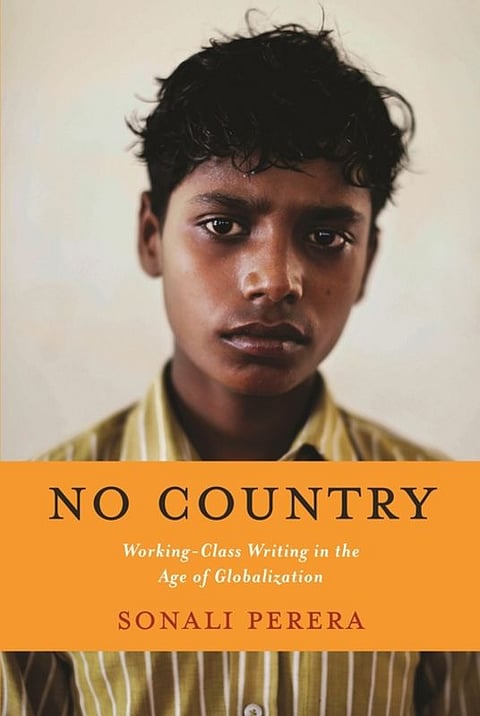Visions of solidarity
Around the world, working-class organising and politics are in crisis. Trade-union protests and mobilisations today are far smaller in scale than those of the bygone era of the 1960s and 70s, which benefited from international fervour and solidarity. In recent years, major political upheavals have taken place, including the Arab Spring uprisings and the victories of the left in Latin America and more recently in Greece, but they have yet to consolidate visions of changing the world.
The present conjuncture has led some to delve deeper into theoretical understandings of the global capitalist system, its inherent tendencies and the possibilities of resistance to a system that produces repeated economic crises. Others have sought historical inquiry, to find clues to the current impasse from previous eras, and to illustrate how a new politics may emerge with time. Yet others have analysed local struggles and delved into the hidden structures of protests and class struggle to understand the dynamics of movements that may inspire mobilisation on a global scale.

